- WV App Login
- Site Search
- Report Templates
- Speech Helpers
- SLP Resources
- Top 10 Tips
- Getting an Eval
- Certified SLP
- How to Say the R Sound
- 0-18 Months
- 18-36 Months
- 18-30 Months
- 30-36 Months
- 10-11 Years
- Articulation
- Cleft Palate
- Phonological
- Dysphagia Causes
- Dysphagia Treatment

195 Memory and Attention Tasks for Speech Therapy Practice
As promised here are the words for your unlimited use.
If you know others who can use our lists...
...please share this page using the share buttons above.
Explore Our Goal Achieving, Client Centered Products
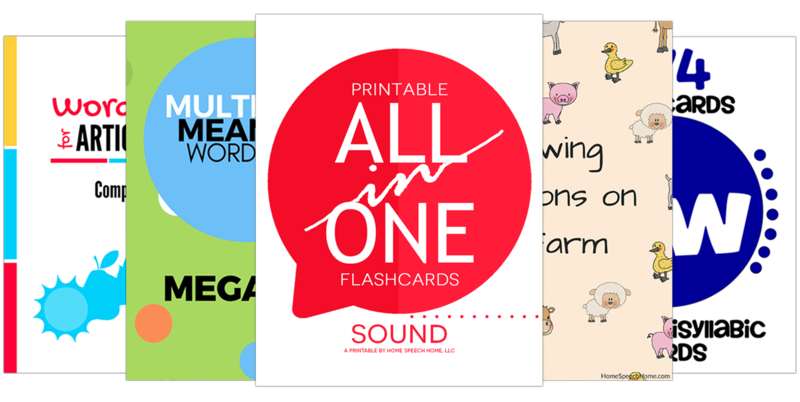
Attention Tasks
- Begin with "A-1" and continue alternating between numbers and letters until I say "Stop". For example: A-1, B-2, C-3…
- Begin with the number "1" and name an object for each letter of the alphabet starting with "A" and continue until I say "Stop". For example: 1 Apple, 2 Balls, 3 Cars...
- Tell me boys names for each letter of the alphabet starting with the letter "A".
- Tell me girls names for each letter of the alphabet starting with the letter "A".
- Imagine the alphabet printed in capital letters. Now from the beginning recite only those with curves in them." (Answer: B C D G J O P Q R S U)
Memory Tasks
Immediate memory - number sequences.
17 92
23 17
60 58
64 12
92 39
65 78
61 85
43 59
21 66
83 24
7 1 3
6 8 6
8 3 2
1 6 5
4 9 2
9 4 3
8 1 7
1 4 3
9 2 4
7 4 1
68 92 74
13 27 92
58 65 31
64 12 22
99 32 19
17 75 47
60 81 11
43 59 61
27 46 86
84 23 53
3 9 6 2
9 7 4 1
1 5 9 7
2 1 5 8
8 6 3 9
3 3 6 4
6 2 8 3
4 8 2 5
5 4 1 6
7 5 7 1
68 92 74 21
13 27 92 48
58 65 31 72
64 12 22 49
99 32 19 46
17 75 47 53
60 81 11 92
43 59 61 70
27 46 86 51
84 23 53 67
9 3 8 2 7
4 9 7 6 1
7 5 9 1 6
2 8 5 1 3
3 6 4 9 8
6 4 3 5 2
1 3 8 7 5
5 2 6 3 9
8 1 2 4 4
2 7 1 2 6
35 21 68 74 92
56 92 13 48 27
49 72 65 58 31
22 64 58 49 12
87 46 32 99 19
17 28 47 53 96
73 11 92 60 81
62 59 43 70 61
93 51 27 86 46
39 53 67 84 23
SEE ALSO: The Best Free App for Speech Therapy

Immediate Memory - Word Sequences
cat bear
ball star
cup chair
cup top
door month
foot light
hair dust
horse bird
hot pear
ice kite
pad plane
rug bike
shoe fix
spring seen
time night
truck book
wing bath
wood pen
zoo milk
step ear air
bean rose plane
bear shovel pants
bed clip box
beets pill slide
board vase horse
book tag shirt
doll game sand
door light glass
lamp toe silk
leaf eye floor
light hair plant
lock dot bed
log bath tree
nail cup bed
pan shoe knife
pen sled beef
soap hat bus
soap jacks dog
watch pick knot
ball stand comb owl
ant paint bell whale
bell flag ink clay
brick nut frog pie
dress lamp bed plant
drum pond bag cake
dust broom can tea
foot land back fish
hole tug shop lake
jam skate moth pan
peach beard spoon pot
race cat desk tack
scale oil bead salt
seed tie fork eye
silk ghost bin shelf
sit crib bow train
soap fort tray nurse
stove grass pail jet
tape fire key spool
wheel gown blue box
bone heart ice sand tin
ball pin ant saw tent
boot chest hair oar board
cloud brush mop cave rink
coach star dog boot coal
dance dump dirt bull ox
felt fish beach oar skate
kite glue rock stone smoke
paste milk chalk clock wall
rail spike gate barn nest
rake toy vase chest sheet mop
sand sun mud wire print
seed pond fly dock lamb
shell house string drop rain
sit squash net cage pole
stalk suds glass barn rose
stool queen egg shell dig
switch stork stairs swan coat
wheel cone clown car horn
wrench sheet cup drop bee
Recent Memory
- Besides the people who work here, who have you seen today?
- How long have you been in this location?
- What building are you in?
- What day of the week is it?
- What did you do right before you came to see me?
- What did you eat for breakfast today?
- What is the first thing you did this morning?
- What month is it?
- What will you do when you finish here?
- Who is your doctor (or teacher for a child)?
SEE ALSO: The Best Books for Speech Therapy Practice
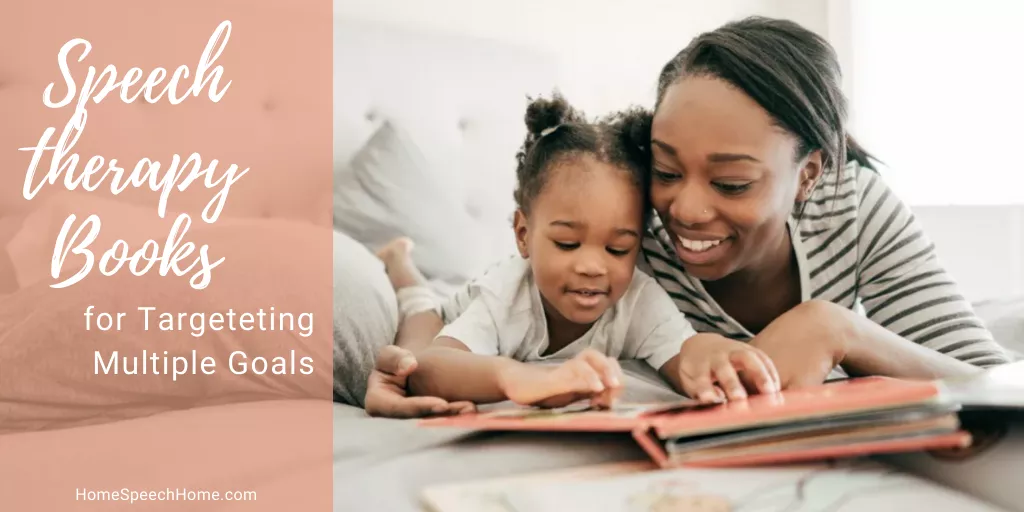
Remote Memory
- What are two primary political parties?
- What war involved the North and the South?
- Where is our nation's capitol?
- Where is the state capitol?
- Who discovered America?
- Who freed the slaves?
- Who is our Governor?
- Who is our President?
- Who was Helen Keller?
- Who was the first President?
Temporal Orientation
- About what time do you think it is?
- How long have you been in this building?
- What date is it?
- What is next month?
- What season are we in?
- What was last month?
- What was our last holiday?
- What year is it?
We know life is busy , but if you're reading this you're probably someone who cares about helping their loved one as much as you can.
Practice 5-10 minutes whenever you can, but try to do it on a consistent basis (daily).
Please, please, please use this list to practice.
It will be a great benefit to you and your loved one's progress.
Return to top of Memory and Attention Tasks
Freebies, Activities, and Specials, Oh My! Sign up for Terrific Therapy Activity Emails
See Past Email Examples
Your information is 100% private & never shared .
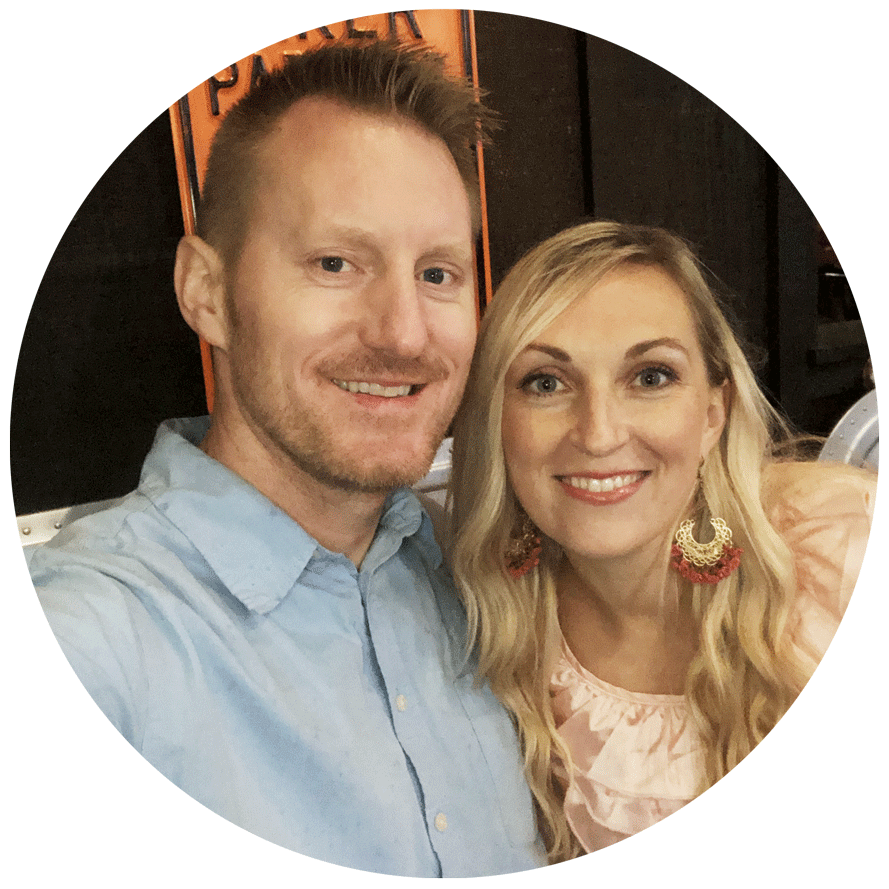
Hi! We're Luke and Hollie.
We are both MS CCC-SLPs and fell in love while studying for our degrees. Since then we have done everything together - graduated, worked, and started a family. We spend most of our time with our family and the rest making this site for you.
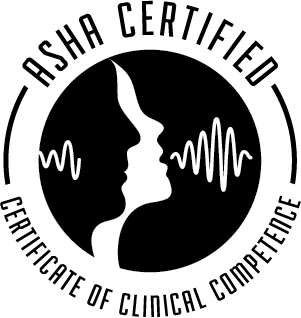
Top Free Resources

Word Vault Essential
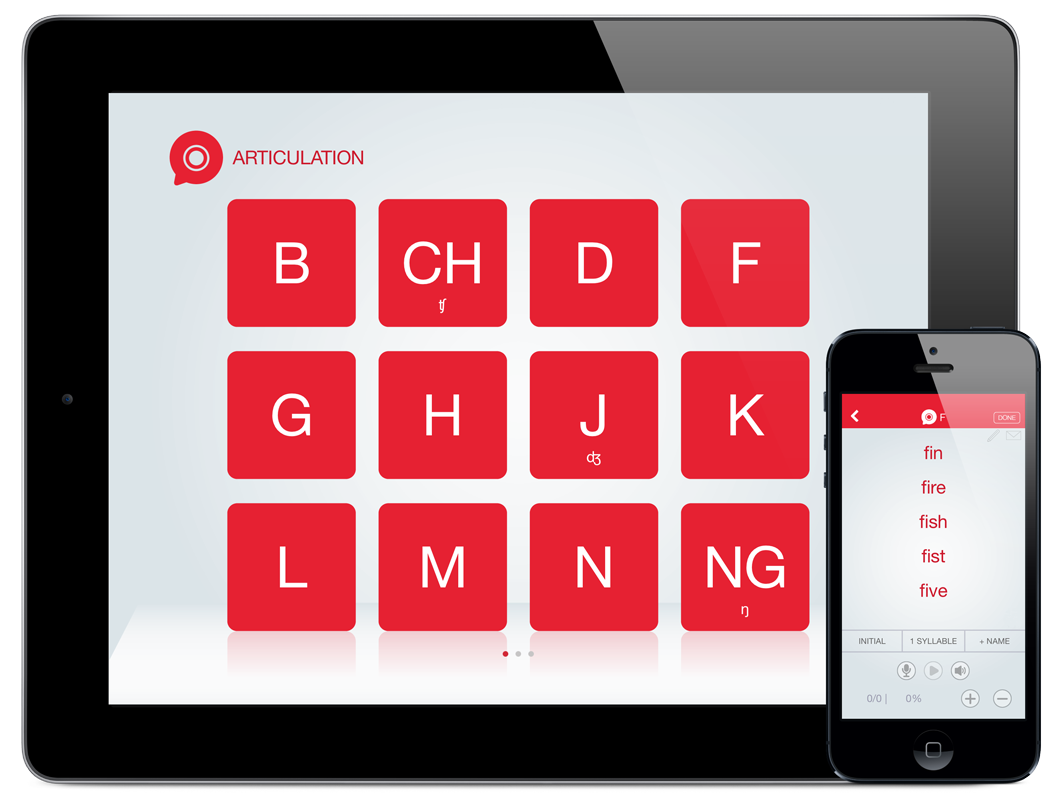
# 1 Chronological Age Calculator
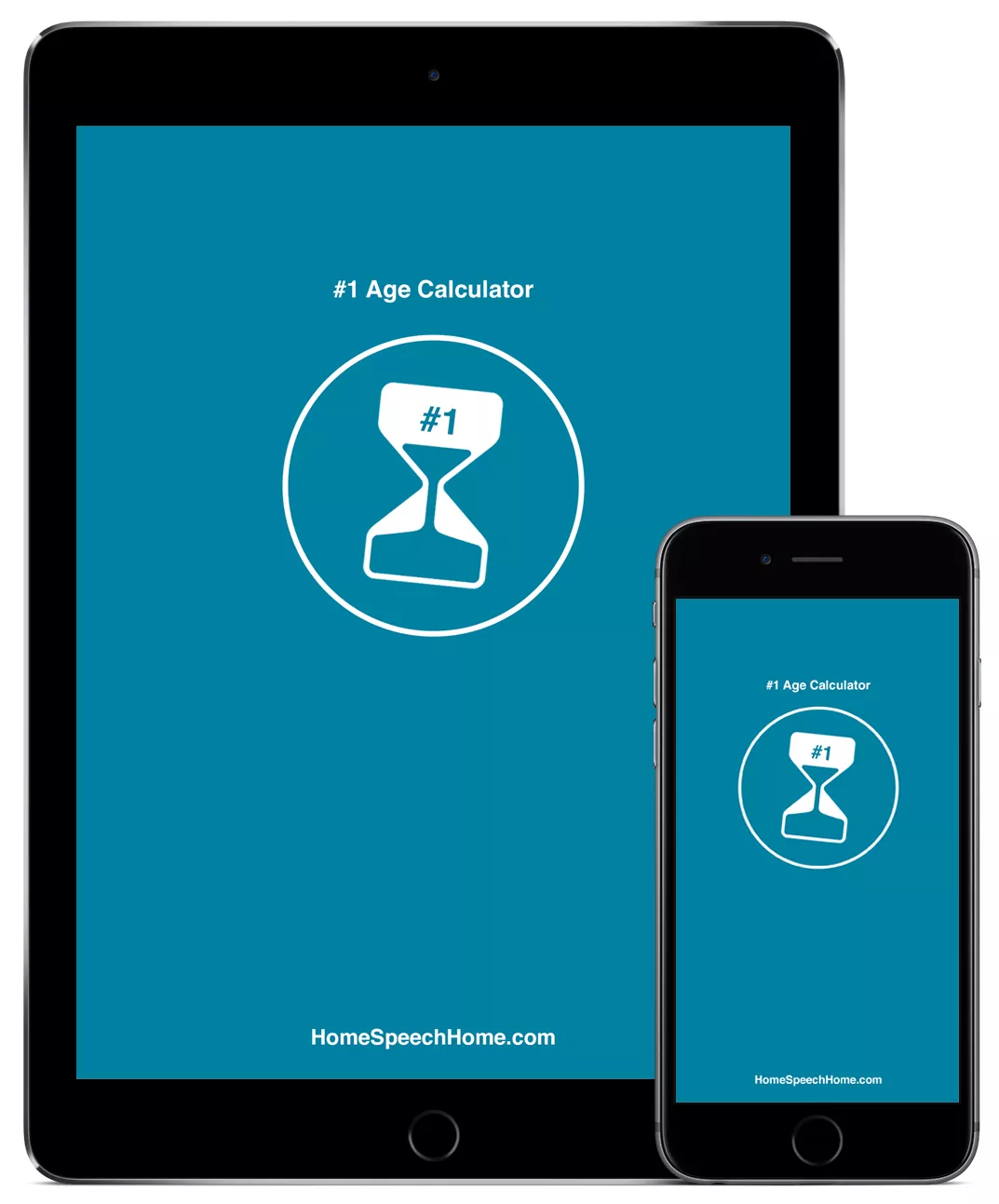
Popular Materials
All in one printable flashcards.
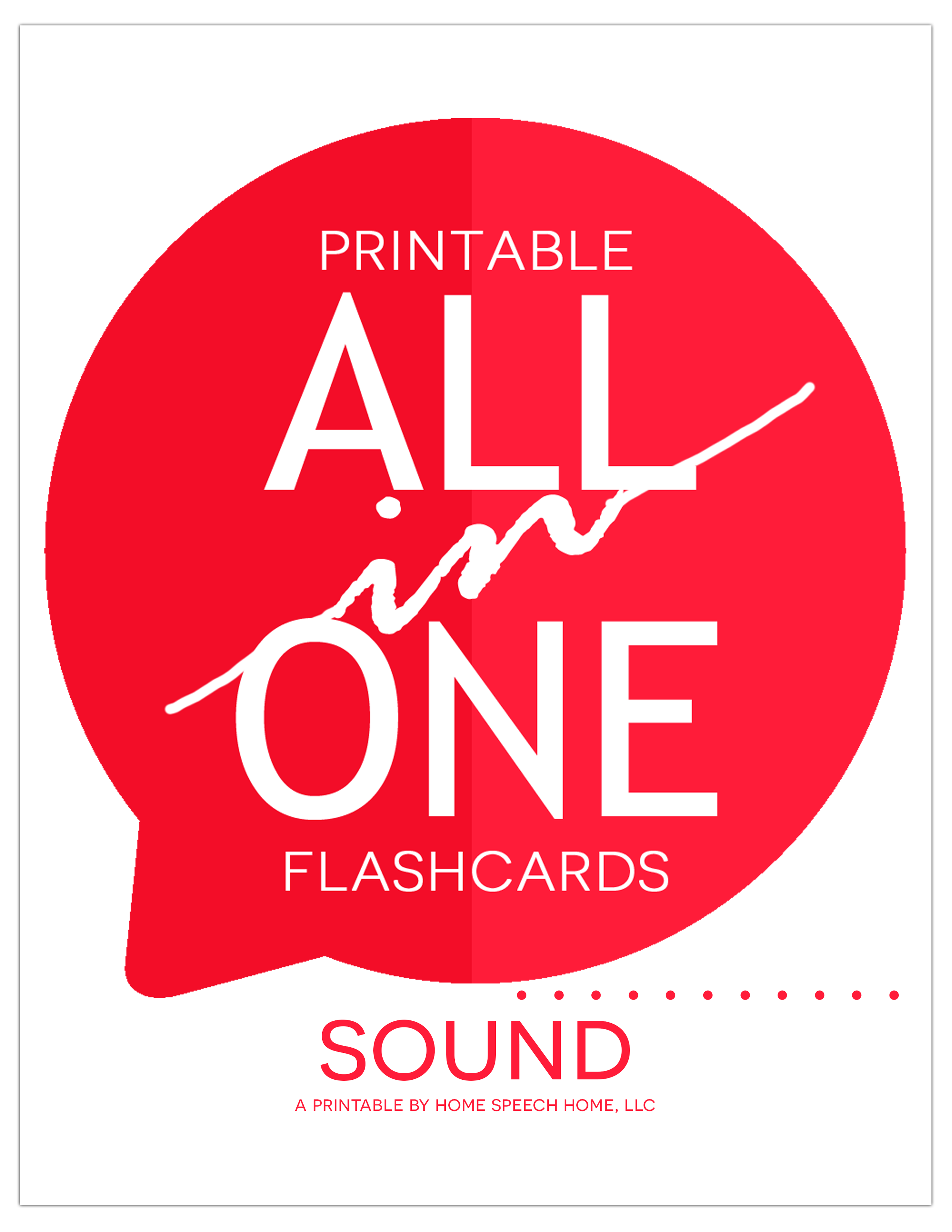
Multiple Meaning Word Mega Pack
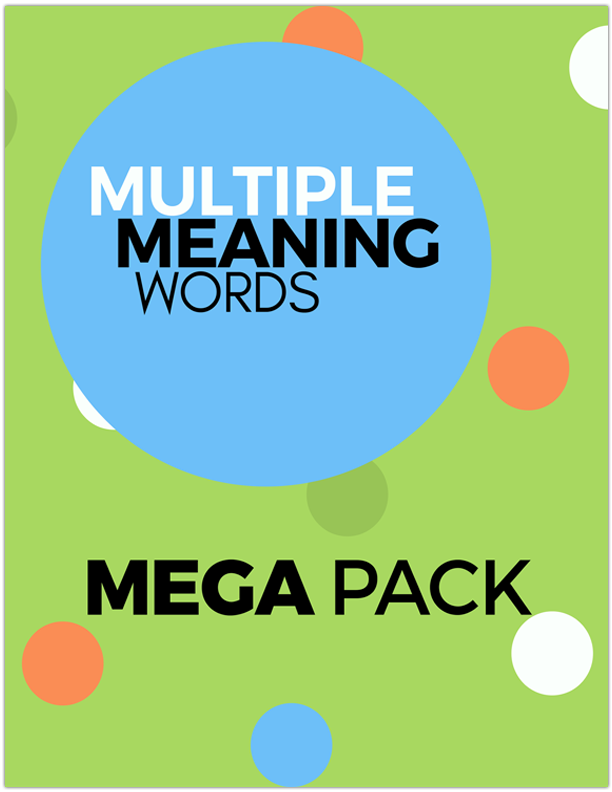
Complete Articulation Word Search
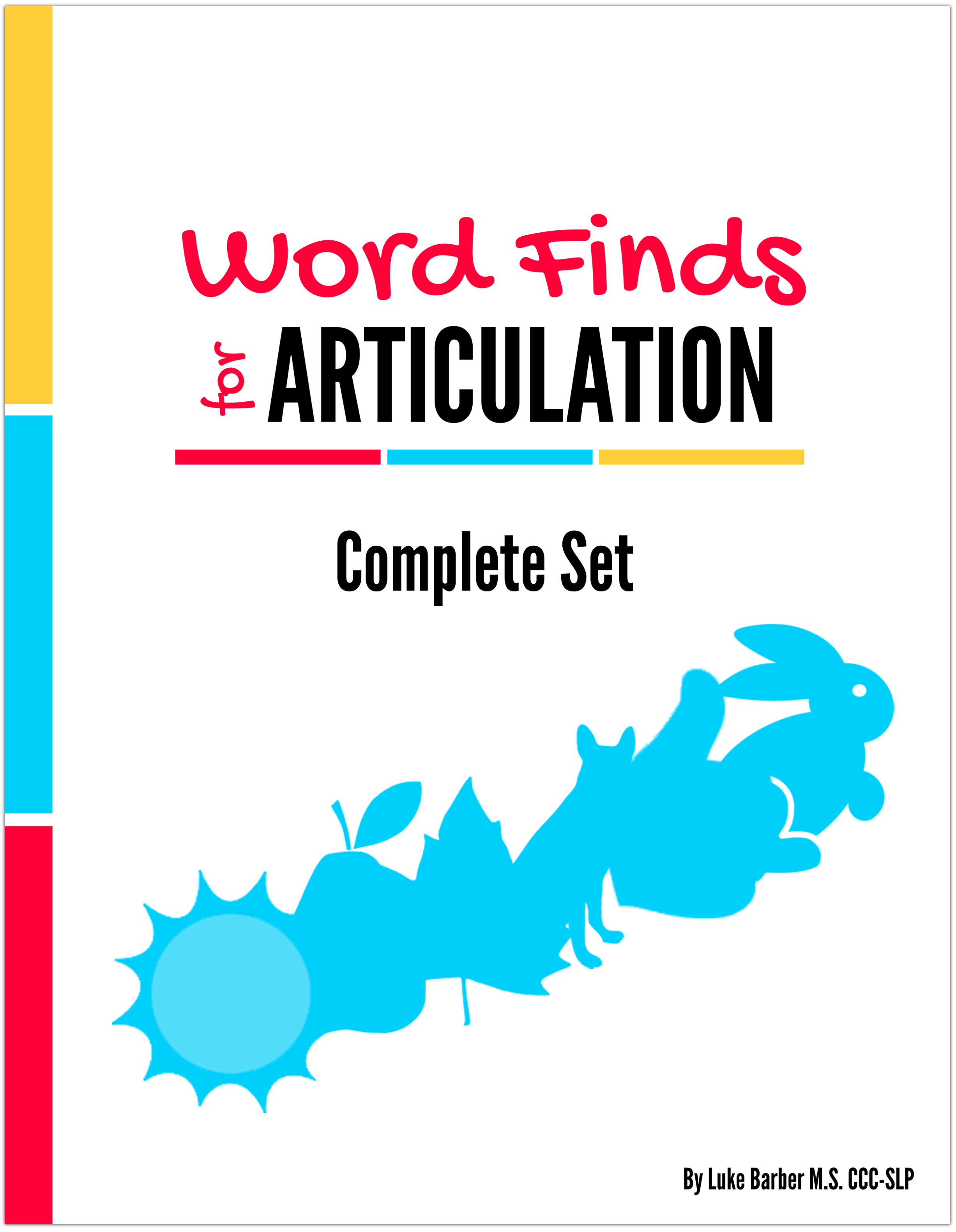
New! 111 Articulation Stories
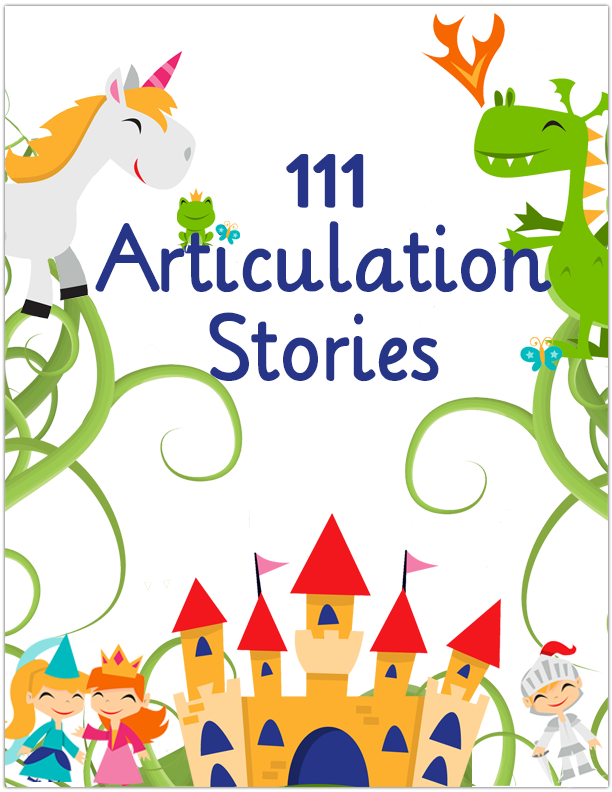
Teaching the Sound Books
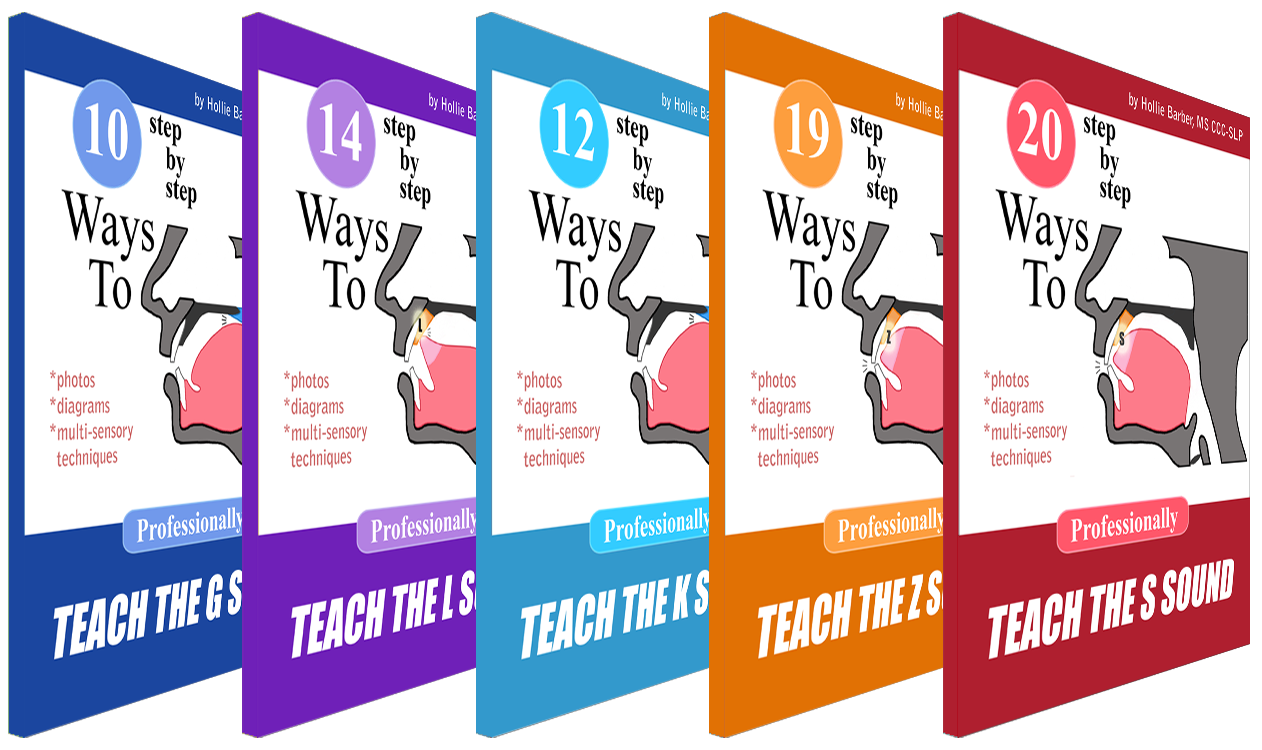
Multi-Syllabic Words Flashcards
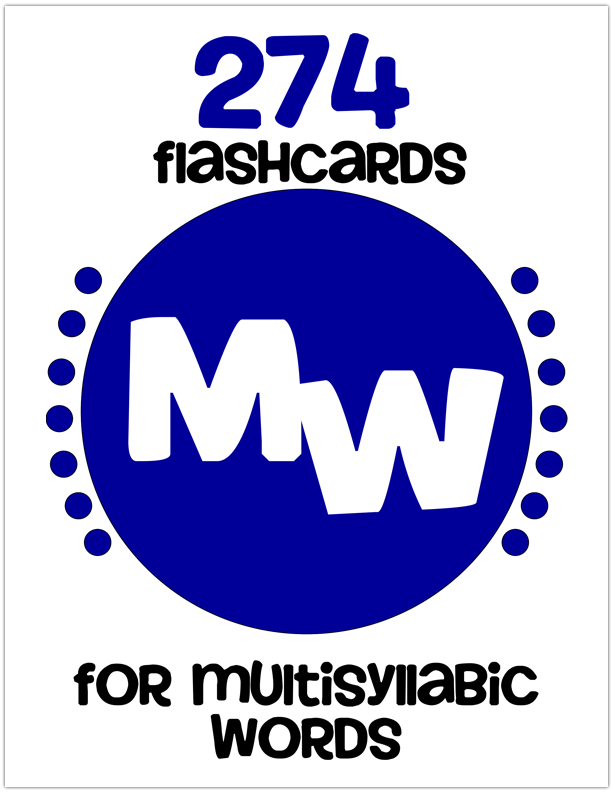
Apps to Save You Time & Help Your Clients
Articulation therapy + pirate adventures = awesomeness.

This App Will Get Your Kids Talking
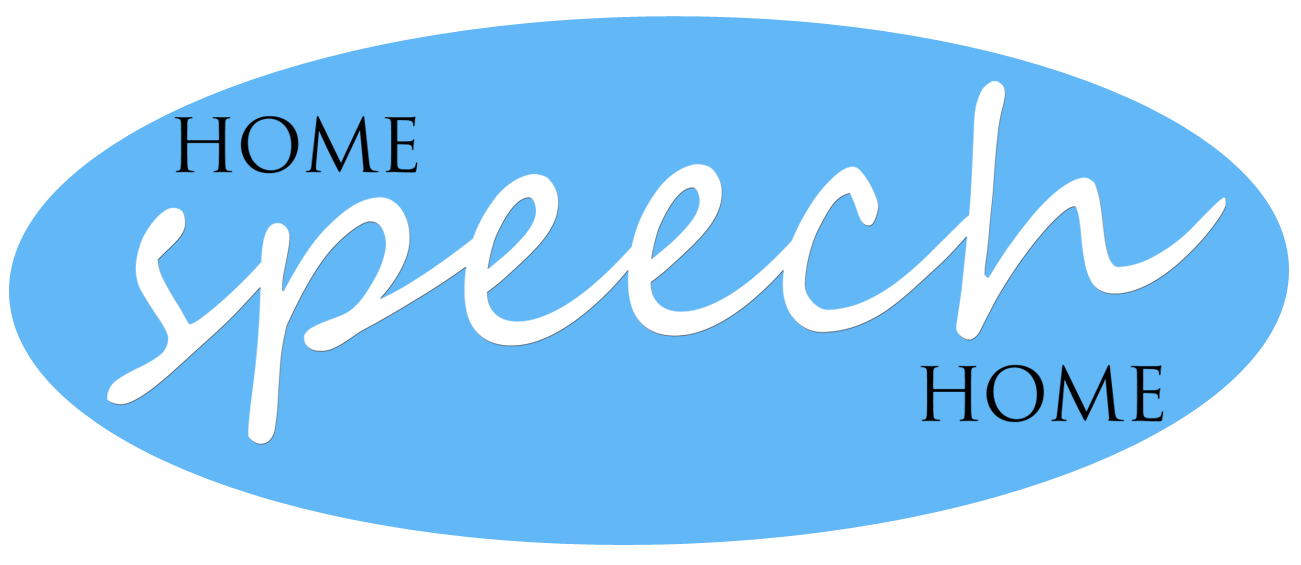
Image Credits
Copyright © 2010 –
HomeSpeechHome.com | All Rights Reserved
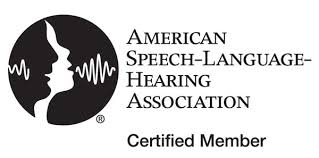
This website contains affiliate links, meaning if you buy something from them we may make some money (at no cost to you). By using our affiliate links, you are helping to support our site which is a U.S.-based, family-run small business :)
90-day money back guarantee - free shipping and returns


Speech Therapy Memory Activities for Adults: Enhancing Cognitive Skills

Delve into the transformative power of speech therapy memory activities for adults in our new blog post. We explore enriching exercises that can enhance cognitive skills and stimulate mental acuity . You will discover some effective strategies that have empowered individuals to experience improvements in memory, thought articulation, and meaningful communication.
These therapeutic approaches address memory challenges and help with brain health . Join us as we journey through all that speech therapy has to offer for enhancing cognitive skills.

Christopher Ravn
Key takeaways.
1. There are many great speech therapy memory activities for adults, including word association, storytelling, word repetition, and pattern recognition. 2. Different types of activities target different kinds of cognitive issues, including short-term memory loss and aphasia. 3. There have been many impressive success stories and lots of compelling research that demonstrates the effectiveness of speech therapy for memory. 4. Combining speech therapy with complementary techniques, like light therapy and other innovative approaches, may enhance the outcomes even further.
Table of Contents
1. Exploring Speech Therapy Memory Activities for Adults: What You Need to Know 2. Addressing Memory Loss Through Speech Therapy: Is it Possible? 3. Types of Memory Activities Used in Speech Therapy and language pathology 4. How Can Speech Therapy Enhance Memory in Adults? 5. What Are Effective Short-Term Memory Activities in Speech Therapy? 6. What Are Effective Long-Term Memory Activities in Speech Therapy? 7. Frequently Asked Questions About Speech Therapy Memory Activities for Adults
The Best Speech Therapy Memory Activities for Adults
Memory does more than you might think for our day-to-day lives. It influences the ways we communicate and connect with others. Taking part in speech therapy memory activities can help strengthen cognitive skills and give adults a new approach to navigating memory challenges. Let’s explore some effective activities , like word association and memory journals, that are designed to stimulate memory.
- Word Association: This is a back-and-forth designed to connect emotions or personal experiences with words. For example, if the word given is ‘orange’, the participant might recall a specific memory related to oranges and strengthen neural connections.
- Memory Journals: In this, we encourage adults to jot down significant events or thoughts each day. This helps enhance memory recall and provides a tangible record of experiences.
- Storytelling: Here, you practice narrating personal stories from your memory. This strengthens those memories and also hones communications skills, making you better able to articulate thoughts well.
- Rhyme Recognition: A memory therapy activity in which adults are encouraged to identify rhyming words. This exercises memory and contributes to a stronger phonological awareness, which is essential for communicating effectively.
- Discussion Groups: By taking part in group discussions like book clubs, participants must recall and discuss specific details from a book. This fosters memory and social interactions, so it is a powerful memory exercise via speech therapy.
- Sequencing: Work with a partner to recall and order sequential events. This might mean detailing a morning routine or recounting steps in a recipe; however you do it, the participant is forced to practice recall and strengthen neurological connections.
Taking part in memory speech therapy activities for adults can address memory challenges and support a wider approach to brain health . Incorporate these activities into daily life to enhance memory skills and develop sharper cognitive abilities.
Best Speech Short-Term Memory Activities for Adults
When it comes to short-term memory activities via speech therapy, there are a few highly effective approaches for adults:
- Word Repetition: Hear a series of words and aim to recall them in the correct order to sharpen quick memory recall.
- Number sequences: Try to memorize number sequences, enhancing memory and other cognitive skills.
- Category Naming: Swiftly name items within a specific category to stimulate associative memory.
- Story Retelling: Listen to a short story, then attempt to retell it to enhance narrative recall.
- Listening Exercises: Take part in focused listening tasks, recalling details when prompted from spoken passages to improve auditory memory.
- Pattern Recognition: Identify patterns and attempt to replicate them, fostering spatial and visual memory skills.
- Object Memory: Briefly look at a set of objects, then attempt to recall them all to refine your visual memory.
These memory activities involving speech therapy for adults sharpen short-term memory and contribute to overall cognitive agility.
Exploring Speech Therapy Memory Activities for Adults: What You Need to Know
Short-term memory therapy activities play a pivotal role in adult speech therapy. They can be a gateway to cognitive rehabilitation and improving communication. Memory exercises stimulate the brain, helping to form new neural connections. This kind of active mental engagement is fundamental to recovering and refining cognitive functions , especially with regards to memory recall.
- Word association
- Storytelling
- Pattern recognition
Addressing Memory Loss Through Speech Therapy: Is it Possible?
Speech therapy memory activities can be a powerful component of addressing memory loss in some cases. The causes of memory loss vary, but can include:
- Neurological conditions
- Traumatic brain injuries
Success Rates and Limitations
The true rate of success for short-term memory exercises via speech therapy varies among adults . One key factor is the underlying cause of the memory loss . The approach may be helpful in improving memory recall and cognitive skills, but complete restoration may not be possible for everyone. Studies have shown that people with memory challenges who participate in speech therapy recover more of their cognitive abilities than people who don’t. In terms of realistic expectations regarding memory activities in speech therapy for adults, noticeable memory improvement is a real possibility. Individuals should find themselves able to navigate daily tasks with ease. Speech therapy is not a cure , but it is a valuable tool in mitigating the impact of memory loss. And you can combine it with other techniques , like green light therapy, for further improvements in cognitive wellbeing.
Types of Memory Activities Used in Speech Therapy and language pathology
Speech and language pathology memory activities employ diverse activities tailored to address short-term memory challenges and aphasia . Individuals experiencing memory concerns can see substantial improvements in their cognitive skills. For short-term memory , common techniques include:
- Word Repetition: Individuals will be asked to listen to a sequence of words then repeat them in order to sharpen immediate memory recall.
- Number sequencing: Similar to word repetition, this activity involves looking at or hearing a sequence of numbers then attempting to repeat it back verbally.
- Category Naming: Looking at groups of images linked by a category and attempting to name them all as quickly as possible. For aphasia, activities are more centered around rebuilding language and communication skills:
- Story Retelling: This is where you listen to a short story then attempt to recount it, improving narrative recall.
- Listening Exercises: Here, participants must recall details from spoken passages to enhance auditory memory.
- Pattern Recognition: Individuals must identify and replicate patterns to foster spatial memory skills. Individual needs and goals are the main variable for choosing the right activity for short-term memory therapy activities via speech. Therapists will consider the individual’s ability to repeat and recall sequences and tailor the exercises to the patient’s cognitive abilities. Aphasia patients will be assessed for the severity of their language impairment, and the memory activities will be selected accordingly. For example, story retelling may be the best option for an individual who struggles with verbal expression. The approach from therapists is always centered around the patient . The strengths and challenges of the individual are assessed, including things like:
- Cognitive abilities
- Communication goals
- Personal interests
In practice, therapists have seen individuals regain the ability to recall recent events or express thoughts coherently. An individualized approach to speech therapy memory activities for adults is effective, meaningful, and relevant to the patient’s unique journey.

How Can Speech Therapy Enhance Memory in Adults?
Speech therapy employs targeted exercises and a patient-centered therapeutic approach to enhance memory. Short-term memory exercises in speech therapy, like number sequencing or word repetition, sharpen immediate recall . Memory activities for adults with aphasia, like story retelling and listening exercises, improve memory and rebuild language skills .
The work of therapists is tailored to individual needs , determined at the therapist’s discretion. There have been countless success stories wherein individuals have regained the ability to recall recent events and express thoughts coherently. This highlights the effectiveness of speech therapy memory activities for adults.
40Hz and Dementia - what does the research say?
Find a collection of published academic research papers from OptoCeutics and others.
Integrating Memory Strategies in Daily Life
To incorporate memory strategies into day-to-day life, you should implement them in your daily routines . Use visual aids like calendars to prompt yourself, and practice mindfulness every day. You could assign 30-60 minutes each day to partake in memory exercises like:
- Memory games
- Speech therapy with a partner
It can be particularly beneficial to combine the memory activities of speech therapy for adults with other things, like light therapy, which may yield additional benefits for cognitive health. Applying memory techniques beyond therapy sessions helps reinforce neural connections . This is vital for sustained cognitive improvement.
What Are Effective Short-Term Memory Activities in Speech Therapy?
The short-term memory therapy activities that have consistently proven themselves to be the most effective are:
- Word repetition
- Number sequencing
- Category naming
We have described these activities in more detail earlier in this post. They are effective because they engage the brain in rapid recall , sharpening your immediate memory functions. Individuals are challenged to repeat sequences or swiftly name items belonging to a certain category, fostering stronger neural connections.
With regular practice of these speech therapy memory activities for adults, there may be significant improvements in short-term memory . This empowers individuals with valuable tools for getting by in daily tasks.
Adapting Activities for Individual Needs
Speech therapists are able to adapt short-term memory activities for adults to individual needs by considering:
- Personal preferences
Regular feedback is crucial in ensuring the correct level of activities is presented. Therapists can modify their approach based on feedback from patients , cultivating a truly personalized approach aligned with the patient’s capabilities. This may also help foster engagement and motivation to persevere and see better results.
Join families who have found relief with EVY LIGHT®
Click below to see how EVY LIGHT® is helping others
What Are Effective Long-Term Memory Activities in Speech Therapy?
- Memory Journals: These encourage individuals to document significant events each day to reinforce memory recall over time.
- Storytelling: This is where patients must recall and narrate personal stories to enhance memory and communication skills.
- Discussion Groups: Groups encourage participants to recall and discuss details to foster social interactions and long-term memory.
With consistent practice of these memory therapy activities, patients may experience sustained improvements in long-term memory. This empowers people to recall and share meaningful events with greater cognitive power.

Innovative Speech Therapy Techniques for Memory Enhancement
Innovative speech therapy memory activities take advantage of things like apps and virtual platforms to enrich speech therapy. There may be benefits to incorporating light therapy , like the functions of EVY LIGHT, as research has indicated great promise for this practice. Tech-focused speech therapy memory enhancement options include:
- Virtual Reality Memory Games
- Interactive Apps
- Neurofeedback Training
- Cognitive Training Software
Challenges may arise with a completely technology-oriented approach, as many advocate for the importance of human connection in speech therapy. But the most important thing is engagement . Individuals must actively participate in memory activities for adult speech therapy, whether they are tech-focused or not. This increases the chances of a successful outcome that improves memory and overall brain health.
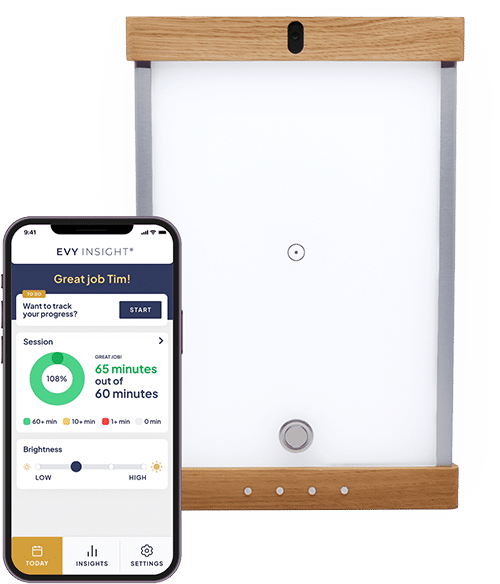
Protect the Moments That Matter
Supporting cognitive health for a brighter tomorrow.
Is EVY LIGHT for me or a loved one?
Take the 2-min
Frequently Asked Questions About Speech Therapy Memory Activities for Adults
What are the best memory activities for adults in speech therapy.
The best activities include word repetition, category recognition, and number sequences. But there are many other highly effective techniques to explore in speech therapy.
Can Speech Therapy Significantly Improve Memory in Adults?
With the right approach and consistent engagement , adults can experience noticeable improvements in memory and speech from taking part in speech therapy memory activities.
Enter your email to get 10% off your first purchase

6 Memory Games For Dementia Patients: Best Picks And Cognitive Benefits

Christmas Activities For Seniors With Dementia: Making Their Holiday Season Merry And Bright

Alcohol And Alzheimer’s: How Drinking Can Increase The Risks And Progression

Cognitive Rehabilitation Exercises: Examples And Benefits For Memory Recovery
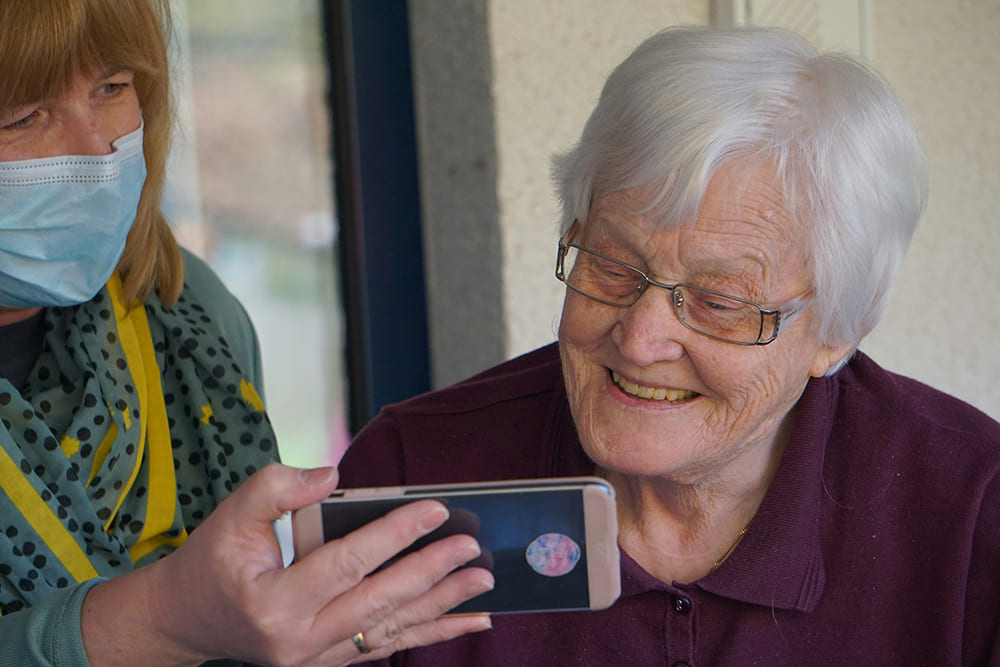
Activities For Late Stage Dementia Patients: Ideas For Early, Middle & Severe Stages

Lewy Body Dementia Vs Parkinson: Key Differences, Symptoms & Common Misdiagnosis

Alcohol-related Dementia: Detecting Symptoms, Causes, & Life Expectancy Management Tips

Amnesia Vs Dementia: Differences In Memory Loss & Similarities

Alzheimer’s & Dementia Supplements: Best Vitamins & Tips To Slow Down Progression

Xanax And Dementia: Potential Risks Between Benzodiazepines And Dementia

What Age Does Dementia Start? Exploring Causes Of Early Onset Dementia

Parkinson’s Vs Alzheimer’s: Learn The Differences, Similarities & Treatment Insights

Mild Cognitive Impairment (MCI) Vs Dementia: In-Depth Exploration Into These Cognitive Issues

Mild Cognitive Impairment Life Expectancy: How It Differs Across Patients

Does Metformin Cause Dementia & Alzheimer’s? Analyzing The Link Between Metformin And Cognitive Issues
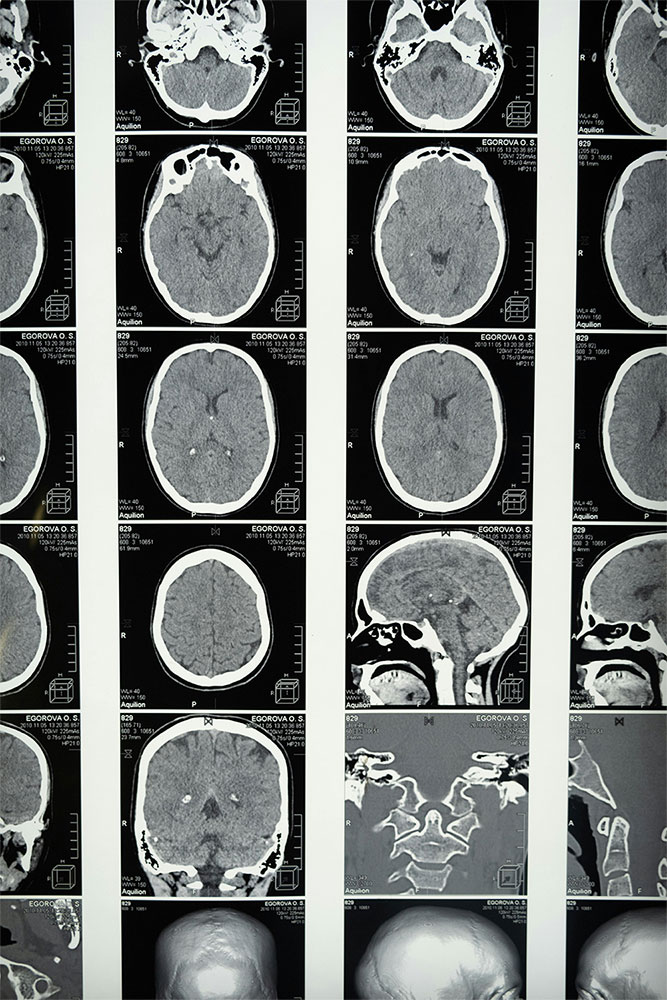
Mental Exercises For Mild Cognitive Impairment: Ideas For Improving And Preventing Mild Cognitive Decline

How To Help Someone With Cognitive Impairment: Caring & Communication Techniques To Improve The Quality Of Life Of Persons With MCI

Living With A Spouse With Mild Cognitive Impairment: Caring Marital Relations To Adapt And Help A Spouse With MCI

How Fast Does Mild Cognitive Impairment (MCI) Progress: Turning Into Other Cognitive Decline, Risks Factors & Timeline

Brain Exercises For Seniors: Fun Ways Of Cognitive Training & How To Improve Mental Health In Older Adults

Brain Exercises For Stroke Recovery Patients: Improving Cognitive And Memory Functions
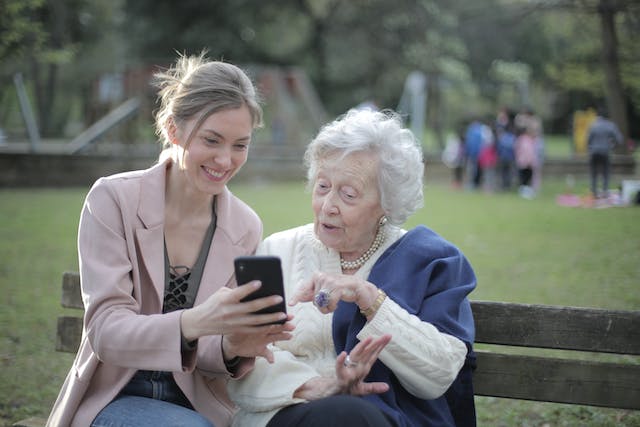
How To Talk To Someone With Short-Term Memory Loss: Communication Strategies

Brain Exercises To Prevent Alzheimer’s And Dementia: Types & The Best Ones

Light Therapy Treatment For Cognitive Decline And Lewy Body Dementia
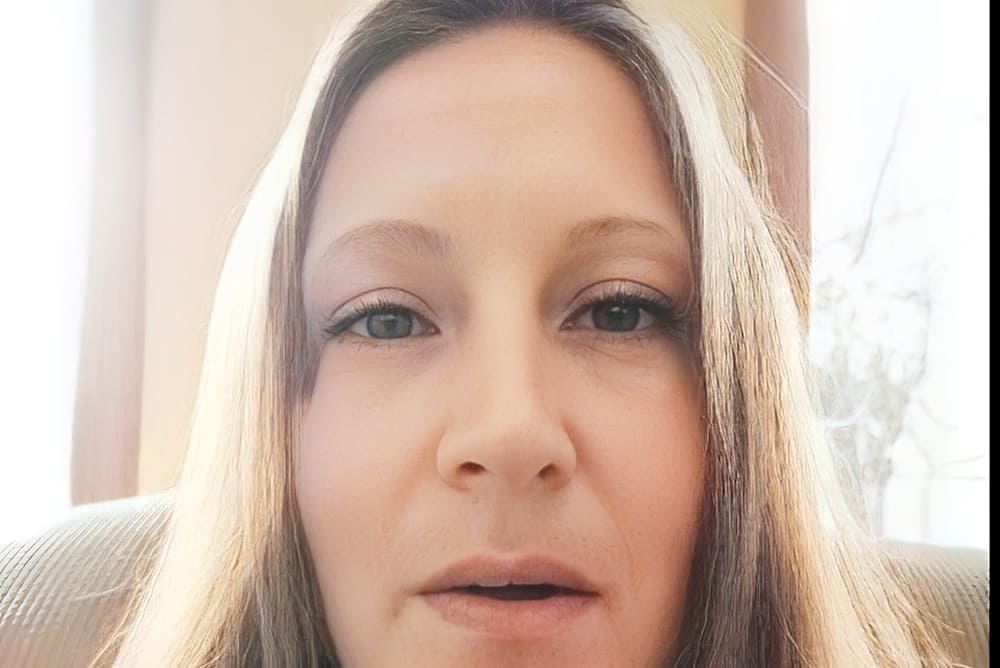
Transforming Lives: Melissa’s Journey with EVY LIGHT®
Get exclusive content straight from the scientists who are rooting for you and your brain.

Comfortable Daily Use, Drug Free to Promote Focus, Clarity, and Mental Sharpness.
Privacy Preferences
When you visit our website, it may store information through your browser from specific services, usually in the form of cookies. Here you can change your Privacy preferences. It is worth noting that blocking some types of cookies may impact your experience on our website and the services we are able to offer.

IMAGES
VIDEO
COMMENTS
What working memory treatments are evidence-based for adult speech therapy patients? More importantly, which of these actually generalize to improve quality of life? In this post, you’ll find the answer to these questions, PLUS functional working memory tasks for patients with mild-moderate cognitive deficits post TBI, stroke, or other ...
Here are 43 MORE functional memory tasks to use with your adult speech therapy patients. The tasks are organized by memory strategy and severity. This way, you can increase the complexity of each task as your patient’s memory improves!
21 practical cognitive tasks to improve attention, memory, and problem solving. Read the article for ready-to-go speech therapy treatment ideas and our most popular free PDF!
Here are 60 quick exercises to help you improve working memory. Working memory is an important mental skill that helps us process information for immediate tasks and for long-term learning. Free DIRECT download: 60 quick working memory exercises (patient handout).
These memory and attention tasks help build connections in your clients brains and can strengthen memory and attention skills.
Taking part in speech therapy memory activities can help strengthen cognitive skills and give adults a new approach to navigating memory challenges. Let’s explore some effective activities, like word association and memory journals, that are designed to stimulate memory.